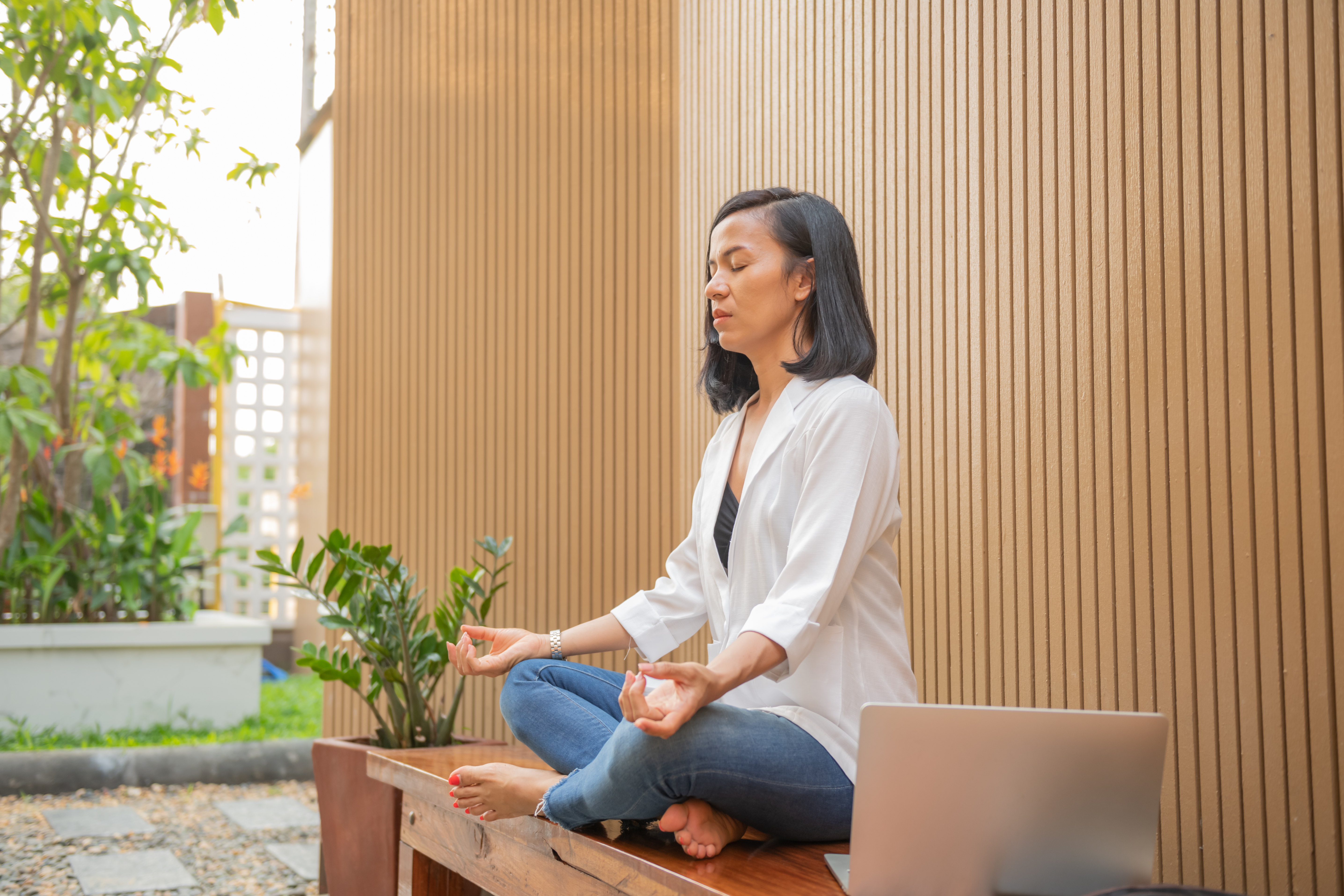Introduction:
Mental health issues among women in India are a pressing concern, with significant implications for individual and community well-being. On the occasion of Mental Health Month, it is essential to acknowledge the unique challenges that women face and highlight the need for awareness, support, and self-care. This article delves into the state of mental health among Indian women, explores key contributing factors, and emphasizes the importance of seeking help and building resilience.
The Mental Health Landscape for Indian Women:
Indian women confront a range of mental health challenges that are shaped by cultural, social, and economic factors. According to a study by the National Institute of Mental Health and Neurosciences (NIMHANS), one in five women in India experiences mental health issues, with anxiety and depression being the most common.

Contributing Factors:
Gender-Based Discrimination and Violence: Indian women face discrimination and violence, both within the home and in public spaces. Domestic violence, sexual harassment, and gender-based discrimination can lead to trauma, anxiety, and depression.
Reproductive Health Concerns:
Reproductive health issues such as infertility, menstrual disorders, and menopause can also contribute to mental health issues. Stigmatization and lack of awareness surrounding these issues can cause significant stress and anxiety.
Economic Disparities:
Economic disparities, particularly in rural areas, contribute to mental health issues among women. Limited access to education, employment opportunities, and financial resources can lead to social isolation and decreased self-esteem.
Societal Expectations:
Societal expectations and cultural norms surrounding women’s roles can cause undue stress and anxiety. The pressure to conform to traditional gender roles, balance work and family, and meet cultural expectations can lead to burnout and mental health issues.
Addressing the Mental Health Crisis:

Access to Healthcare:
Ensuring access to affordable and high-quality mental health services is critical. Providing women with information about available resources, building telemedicine and online counselling platforms, and integrating mental health services into primary healthcare systems can help reduce barriers to care.
Empowering Self-Care:
Empowering women with self-care strategies such as mindfulness, yoga, and meditation can help build resilience and reduce stress. Providing education on nutrition, sleep hygiene, and exercise can also promote overall physical and mental well-being.
Legal Reforms and Policy Changes:
Addressing gender-based violence and discrimination requires legal reforms and policy changes. Implementing laws that protect women’s rights, providing access to legal support, and strengthening enforcement mechanisms can help create a safer environment for women.
Community Support and Collaboration:
Building supportive networks and partnerships can facilitate community-based interventions. NGOs, local organizations, and self-help groups can play a pivotal role in creating safe spaces for women to share their experiences and seek support.
Conclusion:
The mental health challenges faced by Indian women are complex and multifaceted, shaped by cultural, social, and economic factors. On the occasion of Mental Health Month, it is essential to acknowledge these challenges and work towards building a society that prioritizes women’s mental well-being. By addressing stigma, promoting awareness, and providing access to high-quality mental health services, India can create a future where women are empowered to take care of their mental and physical health. It is time to break the silence, combat stigma, and build a future where women’s mental health is supported and prioritized.

Written By : Dr. Ashutosh Srivastava
Author’s bio:
Dr. Ashutosh Srivastava is a Clinical & Counselling Psychologist. He holds expertise in mental health, relationship and career counselling. He is currently president of the Bharatiya Counselling Psychology Association and Director at Psyuni Institute of Psychology & Allied Sciences



